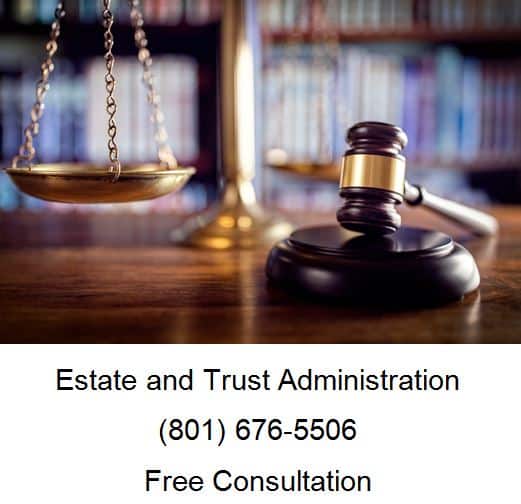After a relative dies, the last thing grieving family members may expect are calls from debt collectors asking them to pay their deceased loved one’s outstanding debts. According to the Federal Trade Commission (FTC), the nation’s consumer protection agency, a surviving relative usually has no legal obligation to pay the debts of a family member who has died. In fact, the rights of surviving relatives are covered by the Fair Debt Collection Practices Act (FDCPA), which prohibits debt collectors from using abusive, unfair, or deceptive practices to collect from you.
Under the FDCPA, which is enforced by the FTC, a debt collector is someone who regularly collects debts owed to others. This includes collection agencies, lawyers who collect debts on a regular basis, and companies that buy delinquent debts and then try to collect them.
Here’s what the law has to say about who has responsibility for a dead relative’s debts.
Who is responsible for paying the debts of a relative who has died?
Generally, someone’s estate is responsible for paying their debts. But if there isn’t enough in the estate to cover the debts, they typically go unpaid.
Am I am legally obligated to pay the debts of a deceased relative?
You usually don’t have a legal obligation to pay the debts of a deceased relative who was not your spouse. Even a spouse’s obligation to pay may be limited under state probate law. To determine whether you’re legally obligated to pay, talk to an attorney who is knowledgeable about this area of the law.
What should I do if a debt collector contacts me about a debt of a relative who has died?
Give the debt collector the contact information of the decedent’s personal representative. That’s the person responsible for settling their affairs, including paying any outstanding debts from the estate. If there is a will, the personal representative is known as the executor; if there is no will, the personal representative is known as the administrator.
Don’t give any of your personal information, like your Social Security number, birth date, or financial account numbers to anyone unless you know who you’re dealing with. Some con artists may check obituaries and other legal notices, and then contact relatives of a deceased posing as debt collectors. These scam artists can use your personal information to help them commit identity theft or other types of fraud.
Do I have to speak with a debt collector who contacts me about the debts of a deceased relative?
No. But if you’re a decedent’s personal representative, or otherwise legally obligated to pay the debt, you may want to talk with the debt collector to see if you can resolve the matter.
Can I stop a debt collector from contacting me about the debts of a deceased relative?
Yes. If you decide that you don’t want a debt collector to contact you again, write a letter to the collector saying so. Then, make a copy of your letter, send the original by certified mail, and pay for a “return receipt” so you will be able to document what the collector received and when. Once the collector receives your letter, they may not contact you again, with two exceptions: a collector can contact you to tell you there will be no further contact and to let you know that they or the creditor plan to take a specific action, like filing a lawsuit.
Remember that even though the collector is prohibited from contacting you again, they still may sue the estate of your relative or the legally responsible person to collect the debt.
Can debt collectors tell anyone else about my dead relative’s debt?
Other than to get the personal representative’s location, a debt collector generally is not allowed to disclose your relative’s debt to anyone other than the deceased’s spouse, parent (if your relative is a minor child), or guardian.
Free Consultation with a Utah Estate and Probate Lawyer
If you are here, you probably have an estate issue you need help with, call Ascent Law for your free estate law consultation (801) 676-5506. We want to help you.
8833 S. Redwood Road, Suite C
West Jordan, Utah
84088 United States
Telephone: (801) 676-5506
Recent Posts
What Happens if you pass away without an Estate Plan?
From https://www.ascentlawfirm.com/paying-the-debts-of-a-deceased-relative/


No comments:
Post a Comment